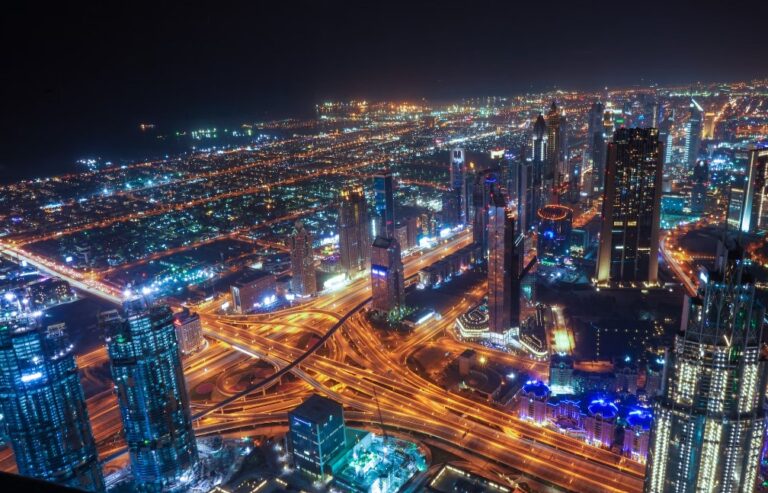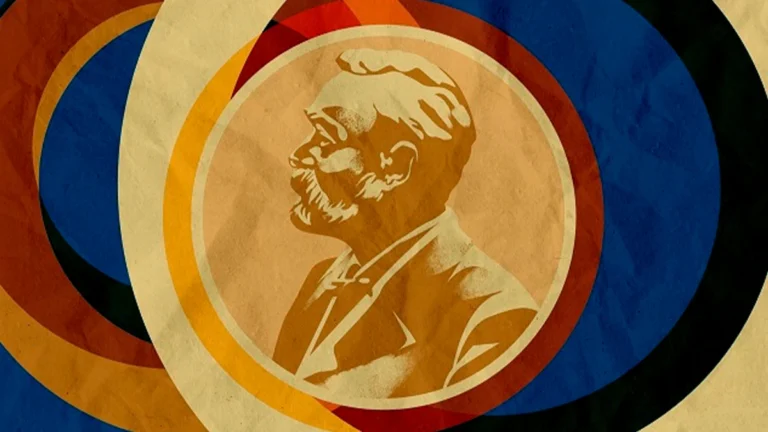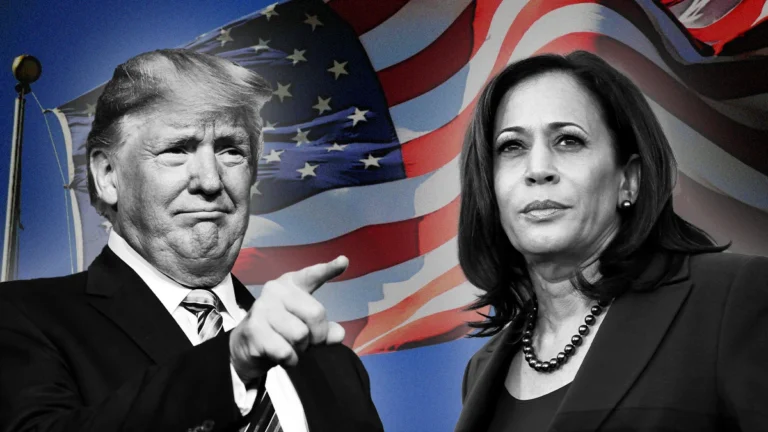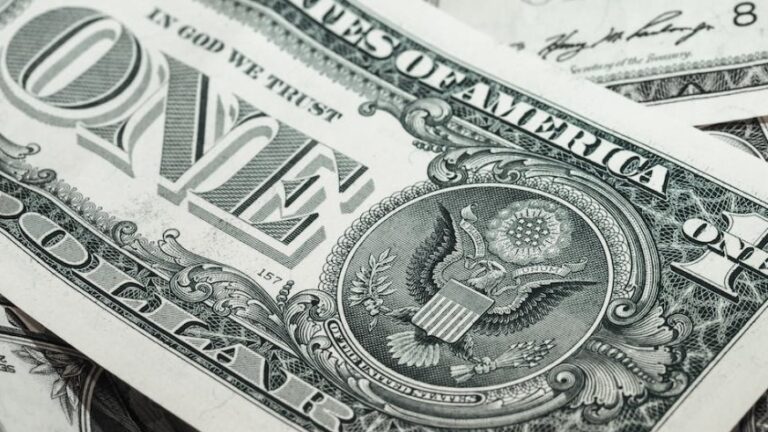The robotics revolution will result in increased productivity and economic growth globally. Dubai has launched a robotics and automation program, led by the Dubai Future Foundation, to grow its economy. An initiative that aims to increase the sector’s contribution to 9 percent of GDP within the next 10 years.
The program was announced by Dubai’s crown prince and chairman of the Dubai Executive Council, Sheikh Hamdan bin Mohammed bin Rashid Al Maktoum. It is a move that aims to make Dubai one of the top 10 cities in robotics and automation globally.
Table of Contents
The impact of robotics
For Khalfan Belhoul, chief executive officer of the Dubai Future Foundation, robotics and artificial intelligence combined will change the way people work.
From healthcare and surgical procedures to the consumer and retail sectors, there will be a big change. “Robotics will play a major role in our daily lives: for retail shopping, going to school or visiting a doctor,” says Belhoul. “As time goes on, we will see more and more advanced robotics.”
A 13 trillion economy
Experts have noted that increased efficiency will result in a major contribution to the economy. While recent reports suggest that artificial intelligence could add up to 13 trillion to the global economy by 2030.
Commenting on the announcement, Scott Livermore, chief economist and managing director of Oxford Economics Middle East, said several pillars are necessary to achieve this goal. He noted that policies will support investment in robotization and automation, coupled with policies to attract foreign investment and talent.
Robotization leads to lower production costs, a greater variety of goods and services, and the creation of new jobs. Under the program, 200,000 robots will have employment in the service, logistics and industrial sectors over the next 10 years. Some terminals at DP World, a world leader in logistics, already work fully autmatically.
The new initiative will focus on five key areas. Namely, manufacturing and production, consumer services and tourism, connected mobility and logistics, extreme environments, and healthcare.
Smart buildings
According to Chris Roberts, chairman of the board of Singularious and chief executive officer of Eltizam Group, even an industry like real estate could gain significant economic benefits.
“The key part is getting a resource aware. In a smart city, it is the building that tells you how it should be run,” Roberts says. “When you create a smart city, which is what we are trying to do in the UAE, it is the whole city that tells us how it should run. To achieve that, you need data, you need automation, and you need to do it quickly.”
The adoption and development of the latest robotic technologies, the empowerment of local talent and the generation of new innovative solutions are the prerequisites for which, like it or not, artificial intelligence and automation will increasingly be part of our daily lives.
Read also: Dubai as a center of innovation: from blockchain to AI, a city projected into the future












